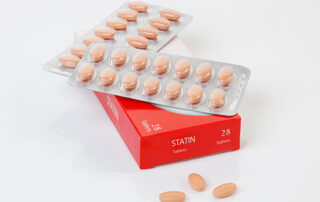Fifth of GPs using AI despite lack of guidance or clear work policies, UK survey suggests
Doctors and medical trainees need to be fully informed about pros and cons of these tools A fifth of family doctors (GPs) seem to have readily incorporated AI into their clinical practice, despite a lack of any formal guidance or clear work policies on the use of these tools, suggest ...











